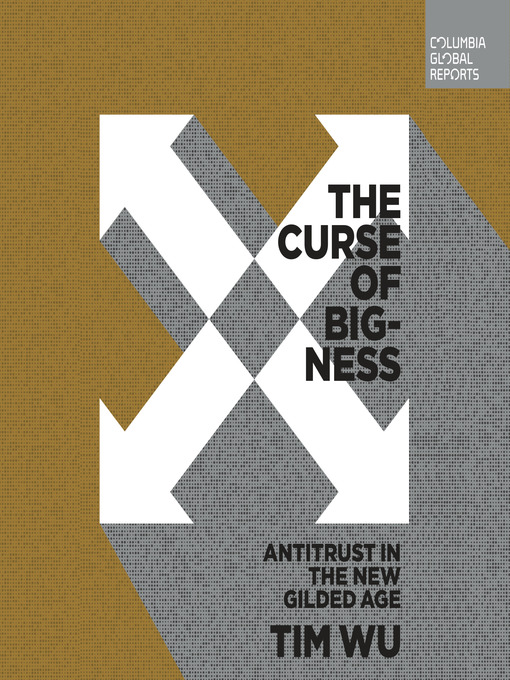- Available now
- New eBook additions
- Most popular
- Dying to Read a Mystery
- Try something different
- See all ebooks collections
- Available now
- New audiobook additions
- Listen to a Mystery
- Most popular
- Try something different
- Great Narrators
- Audiobooks for Your Commute
- Read by a Celeb
- See all audiobooks collections


